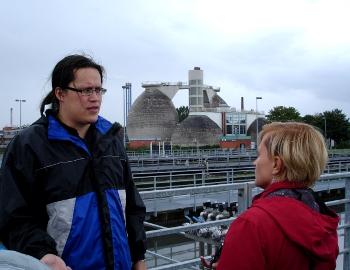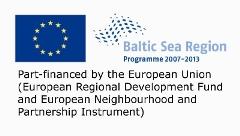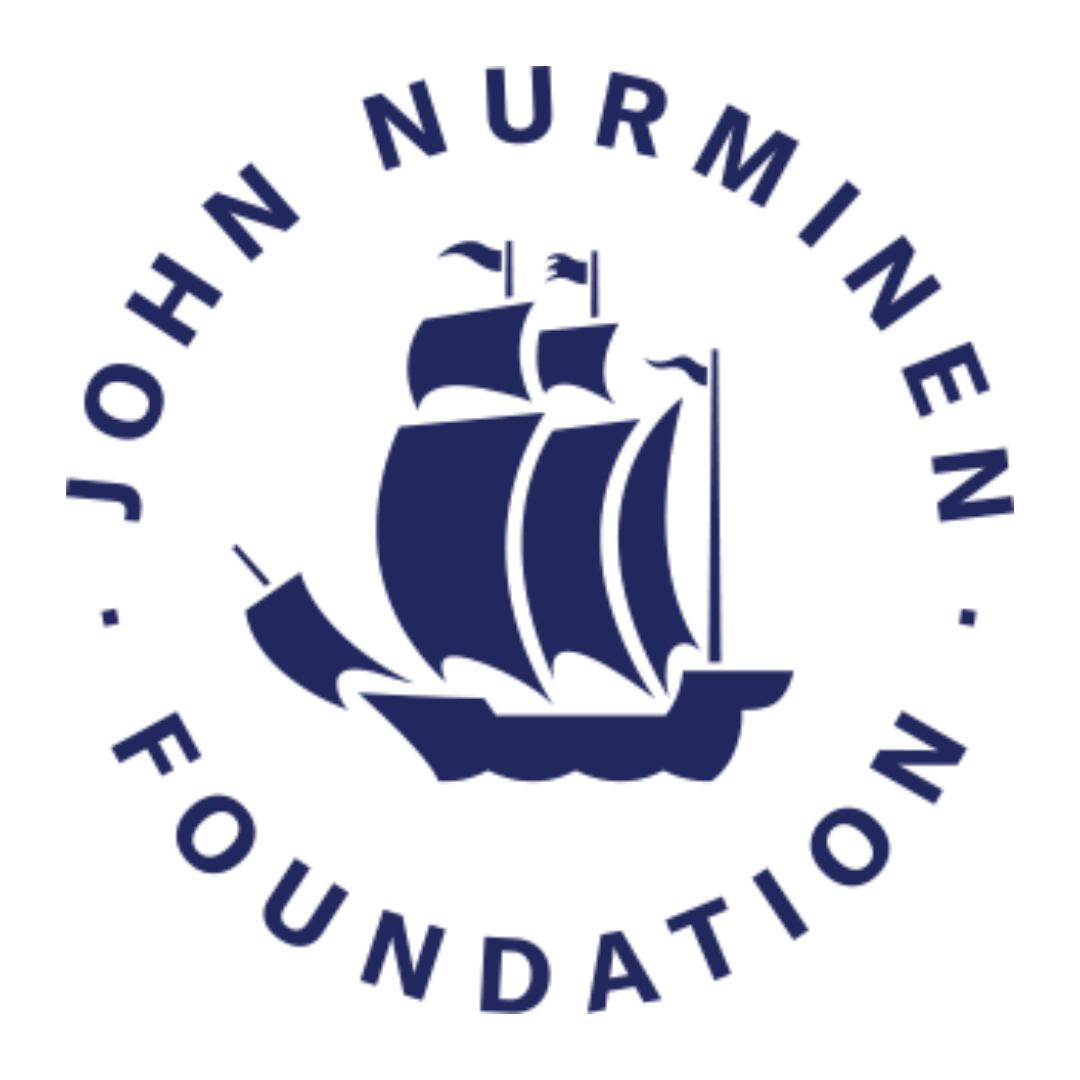
 |
 |
Sludge management is a critical part of modern, economically efficient and environmentally sustainable waste water treatment. Research shows that sludge management costs can be as high as half of the total costs in waste water treatment. Challenges in sludge management in the Baltic Sea region abound: in worst cases, nutrients that have once been removed from the waste water return from inadequately handled sludge to watercourses. Improving sludge management has therefore been identified as part of the PURE* project, in addition to its goal to reduce phosphorus load to the Baltic Sea.
On September 7-8, a seminar was held in Lübeck to present alternative sludge management methods, learn about the latest developments in the field, and look at how PURE waste water treatment plants handle their sludge. Representatives from all PURE partner organizations as well as representatives from German water utilities and sludge management experts attended the event.
The seminar was opened by Dr. Jan-Dirk Verwey, Managing Director of EBL, a company responsible for waste disposal and waste water management in Lübeck. He said that Germany’s decision to gradually move away from nuclear power makes sewage sludge a key source of energy in Germany in the future. Already now, EBL is producing biogas to such an extent that it caters for the electricity and heating requirements of its waste water treatment plant for the full year.
During the seminar, the German cities of Lübeck, Bremen and Bottrop, plus a number of small localities presented their approach to sludge management. They were all different, which underlines the fact that there always are a number of factors that define the optimal sludge treatment strategy for a particular plant, such as size and location of the waste water treatment plant, quality of incoming waters, used nutrient removal technology, transportation costs, availability and price of conditioning agents, and legal restrictions concerning sludge handling.
New technologies for improving energy efficiency of sludge handling and recycling nutrients from the sewage sludge were also presented. Globally, the phosphorus reserves that are concentrated in just few geographical locations, are diminishing. This makes it all the more important to explore and develop new technologies to recycle phosphorus from sewage sludge to plant nutrients.
At the Lübeck waste water treatment plant, the representatives of the PURE partner water utilities presented their approaches to sludge management, and the discussion focused on problem solving for the concrete questions they had. Participants also had a chance to familiarize themselves with the Lübeck waste water treatment plant and hear about the actions they have taken to improve waste water treatment process and sludge handling.
Polish PURE partner waste water treatment plants have dedicated slugde incineration plants, with the construction of the Gdansk plant having been recently completed, and Szczecin plant having been operational for a year now. At Kohtla-Järve plant in Estonia, the composting of dewatered sludge works well, but the current sludge hygienisation process is energy-consuming and also increases the consumption of chemicals in sludge dewatering. The water utilities that will invest in phosphorus removal within PURE, i.e. Jurmala and Riga in Latvia and Brest in Belarus also presented the progress of investments in their waste water treatment plants. Each plant is also charting out solutions for sludge handling.
According to Tuuli Ojala, PURE Project Manager at the John Nurminen Foundation, the seminar was useful and met its targets: “The participants got plenty of new information on sludge handling. The representatives of the water utilities had a chance to exchange experiences on both successes and challenges in this field. In PURE, we will continue to support our partner water utilities in the planning of sludge management. A concrete deliverable of the project will be a digital multi-language publication on best sludge handling practices.”
*PURE (Project on Urban Reduction of Eutrophication) is a joint project led by the John Nurminen Foundation, HELCOM and Baltic Cities Commission of Environment (UBC). Its key objective is to improve waste water treatment in the Baltic Sea Region. The project helps selected waste water treatment plants in phosphorus discharge reduction and sludge management. The project cities are Riga and Jurmala in Latvia, Kohtla-Järve in Estonia, Gdansk and Szczecin in Poland and Brest in Belarus. The target of the project is to reduce the phosphorus load of the Baltic Sea by around 300-500 tonnes by the end of the year 2012. The project is partly financed by EU Baltic Sea Region Programme.
